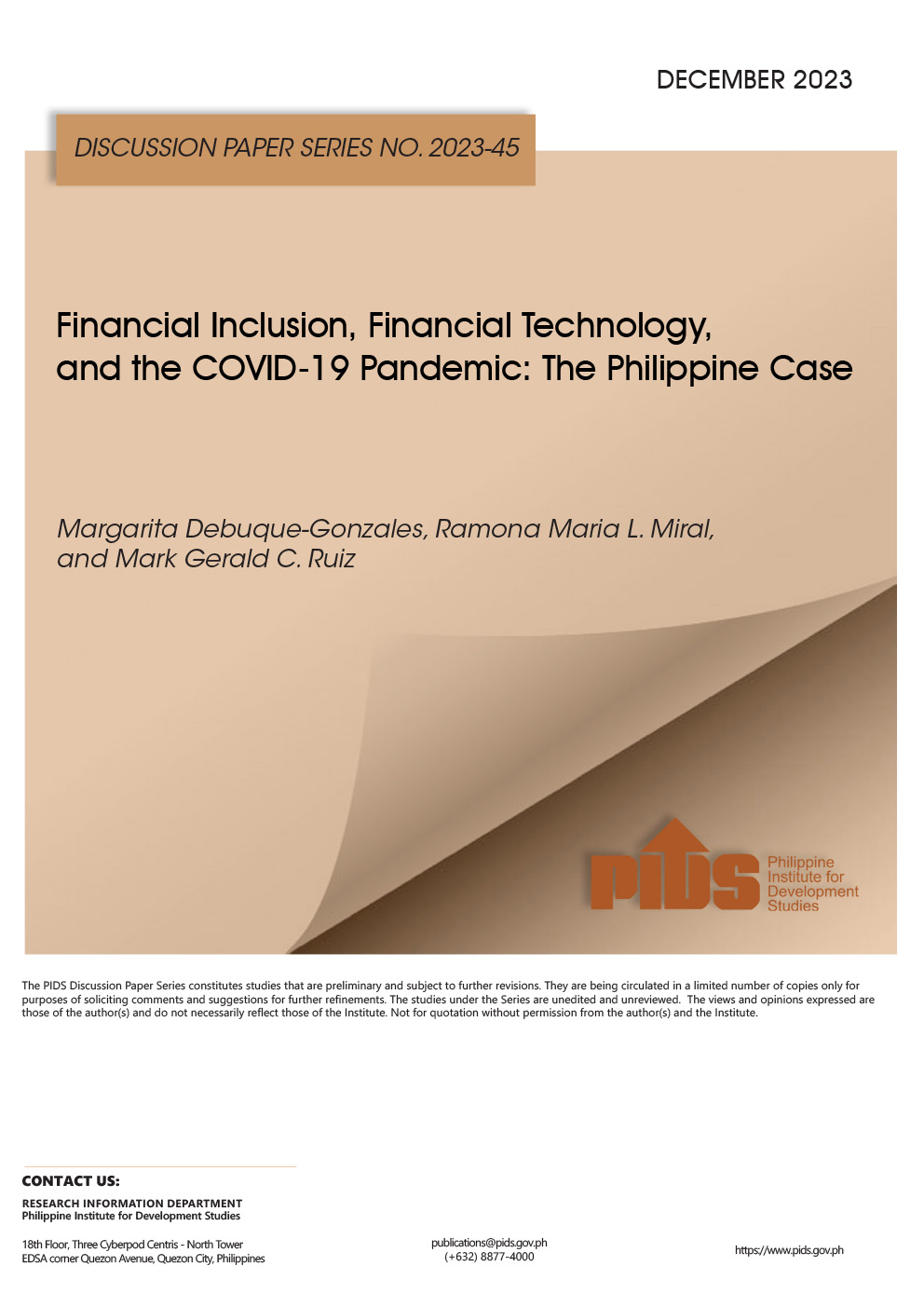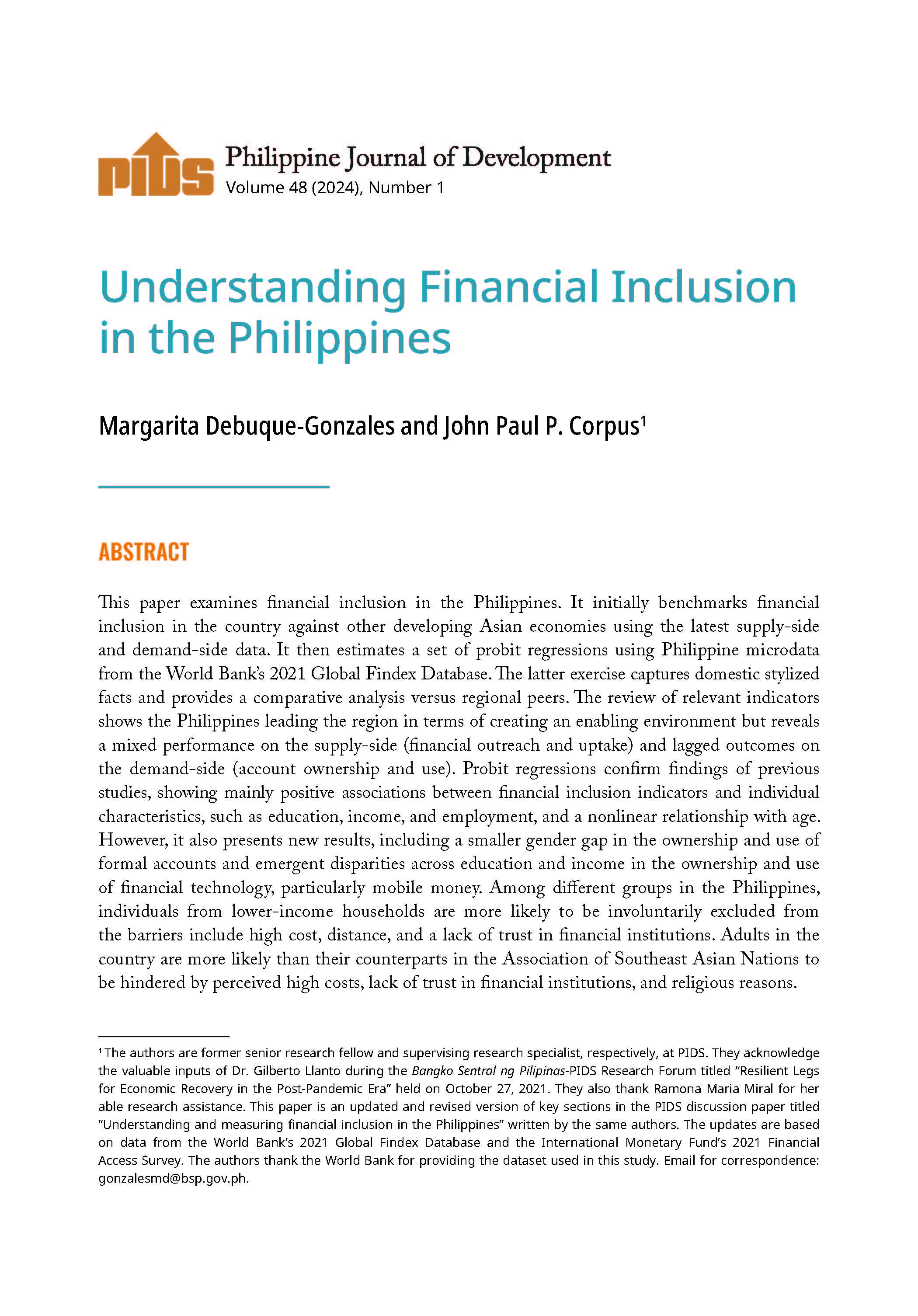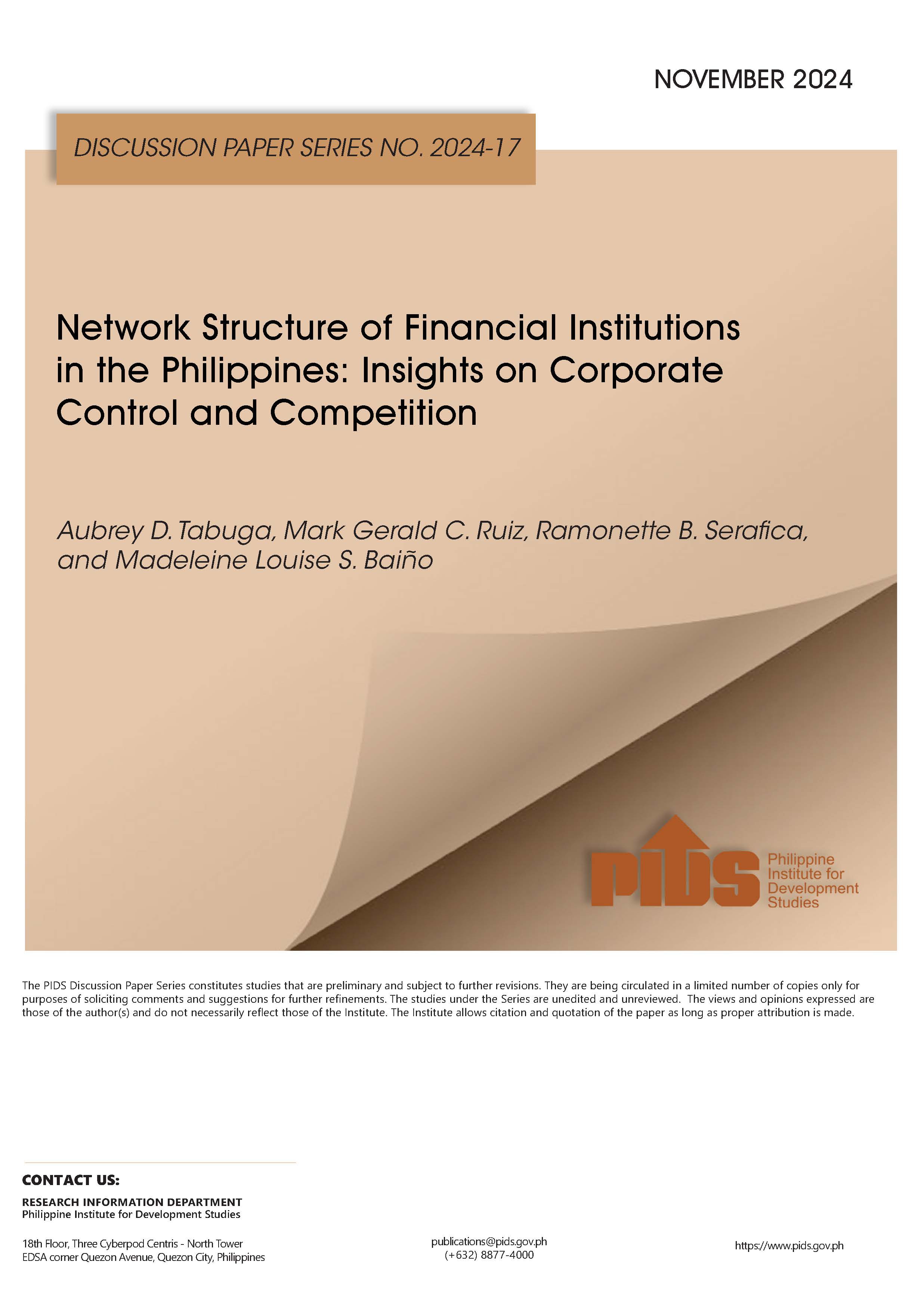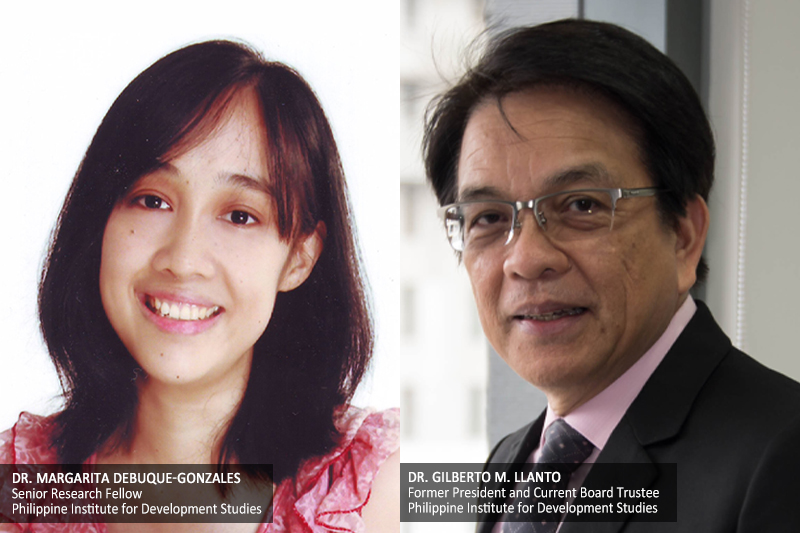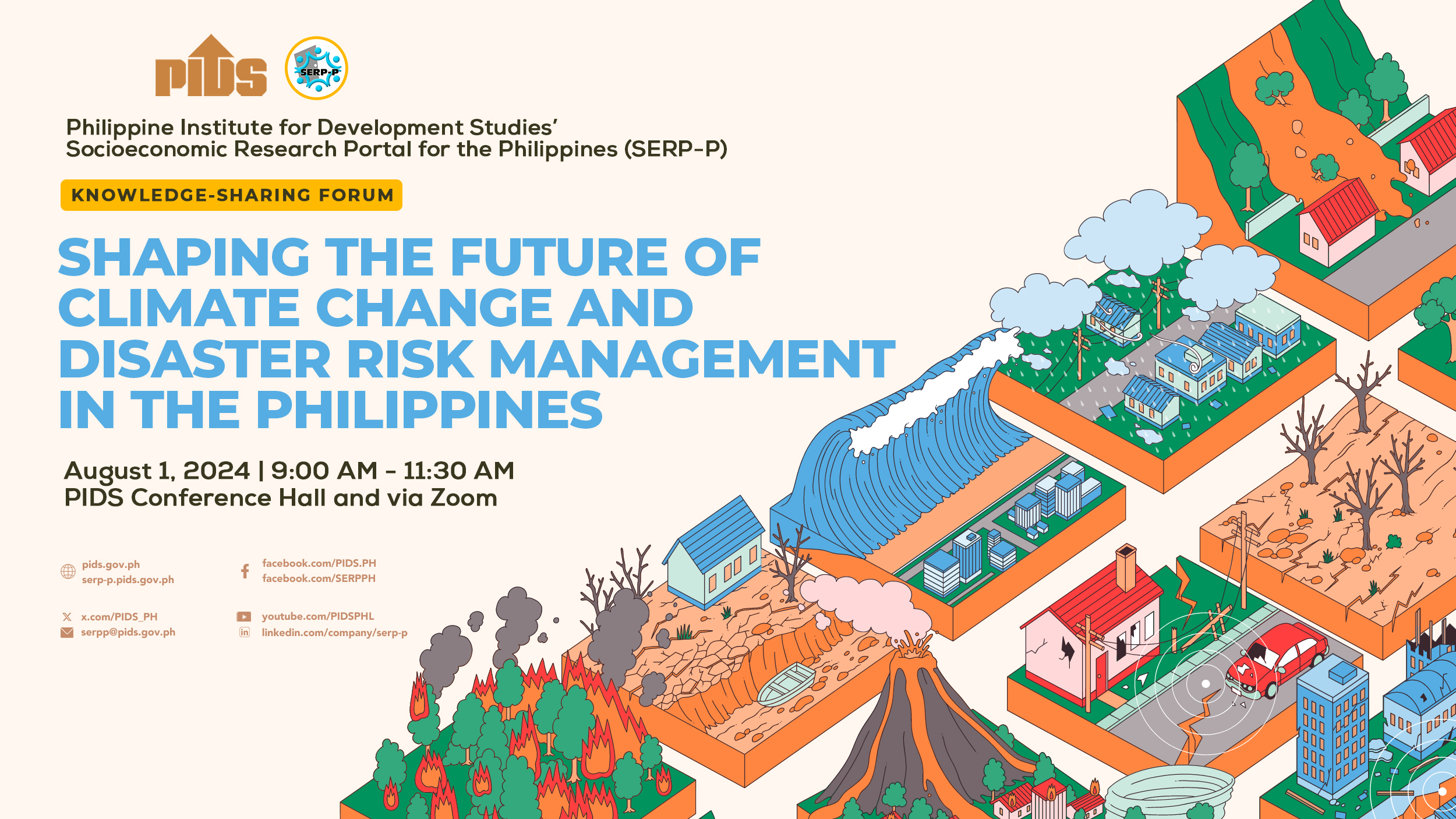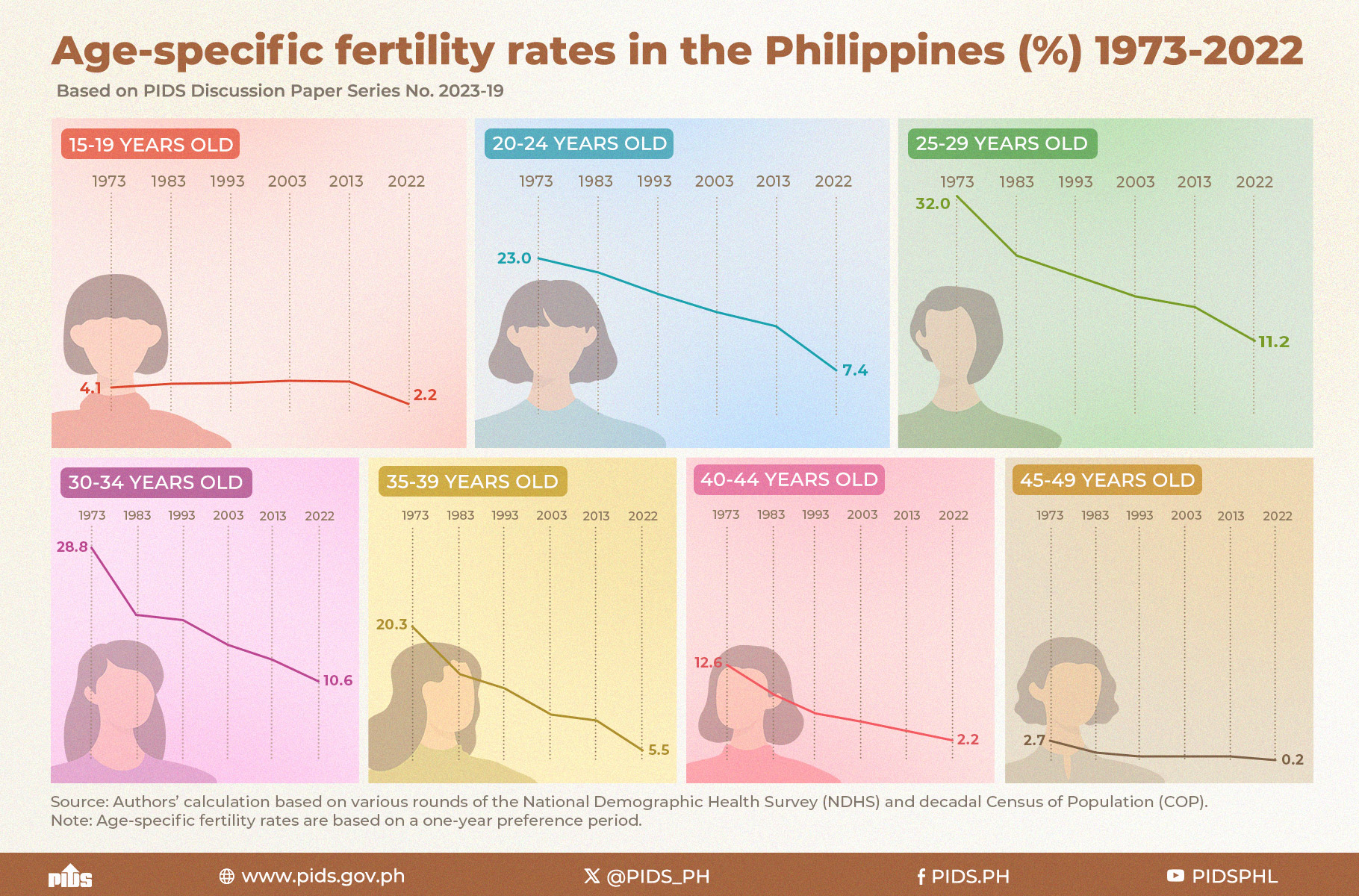Understandably, the transition of power from this year’s May 9 presidential elections has generated expectations and concerns from all sectors of society. With a new leader set to take the government’s helm, the possibility of changes in the country’s policies on technology is not without basis. The need for a clear-cut programme geared towards innovation and technology to be implemented by the country’s next leaders to maintain the gains on digitisation that have already been achieved is of paramount importance.
“So even if we cannot trigger them to incorporate technology and innovation agenda at the get-go, we want them to start thinking about it,” pointed out Amor Maclang, Executive Director of Fintech Philippine Association during a recent technology summit.
This year’s national Philippine elections will put into power a new president effectively ending the current president’s six-year term as mandated by the constitution. With the looming change in administration, Maclang stressed her organisation would ask those running for elective office for their stance on digitalisation in a technology and innovation forum. Further, Maclang noted that incoming officials need to be aware of the situation on the ground and should therefore listen to technology professionals.
To get to a truly modern Philippine society, the country’s foremost fintech leader disclosed she is open to exploring unconventional solutions. Specifically, she expressed the need to have other governments such as Taiwan and Singapore weigh in to know how to be able to get the Philippine government’s tech up. And to do that, the country should have a more solid innovation agenda.
Department of Science and Technology (DOST) Secretary Fortunato T. de la Peña presents a picture of a growing market in the Philippines in terms of technology. He confirmed many businesses in the country today thrive and prosper using modern technology such as financial technology or fintech.
The top government official further supported his claim by citing a 2021 study by the Philippine Institute for Development Studies (PIDS). The report revealed the local fintech sector is a solid industry because of the increase in the number of fintech companies catering to payments, lending, and banking technology verticals.
Moreover, Fortunato remarked that there is a sharp increase in the demand for technological innovations as indicated by “digital payments driven by pandemic restrictions”. He was referring to the increase of digital payments and thorough adoption of the electronic wallet.
All of these has made the Philippines a country to watch out for as a fintech destination, according to the global Fintech Index of 2020.
But the country of over 7,000 islands still has a long way to go. Fortunato shared that the same fintech index shows the country is still behind its ASEAN counterparts due to many factors. Chief of which are reliability, consistency, systems and regulations that face the fintech industry.
However, he added that there is a need to be inclusive and accessible to revolutionise technology. That means that digital development should not only benefit a select portion of the population but all members of the population.
In a country that is noted to go the extra mile to help those who are in need, an all-encompassing technological development should not be a problem. The government’s recent efforts to install VSATs in typhoon-ravaged remote areas in Southern Mindanao is a classic example, as reported by OpenGov Asia.
Fintech Philippines Association Wants Clear-cut Programme from New Government

